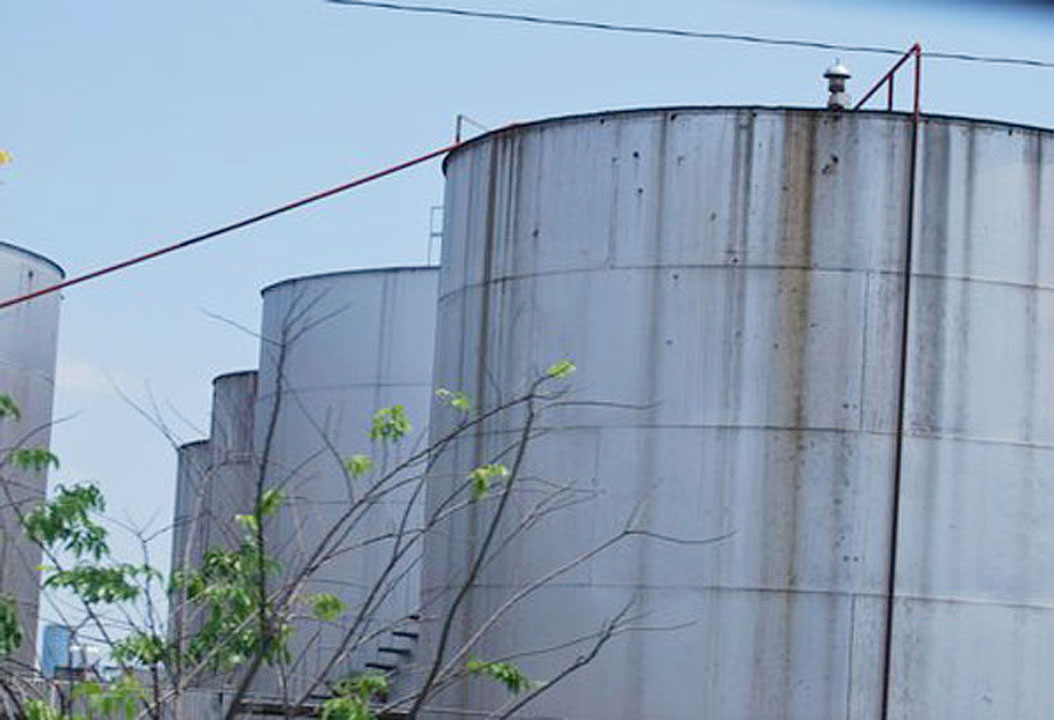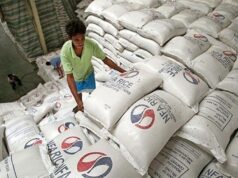
THE Department of Energy (DoE) said it is determining how to proceed after the Supreme Court (SC) confirmed that the department has the power to temporarily take over the downstream oil industry during national emergencies.
In a statement on Wednesday, the DoE said that it will study the ruling with the Department of Justice (DoJ) and the Office of the Solicitor General and take necessary steps to ensure that any takeover of oil companies “is properly exercised whenever needed.”
In a 37-page decision, the SC sitting en banc upheld the constitutionality of Section 14 (e) of Republic Act No. 8479 or the Downstream Oil Industry Deregulation Act of 1998.
The SC ruling reversed the 2013 decision issued by the Court of Appeals (CA), which had declared the provision unconstitutional.
The provision states that “in times of national emergency, when the public interest so requires, the DoE may, during the emergency and under reasonable terms prescribed by it, temporarily take over or direct the operation of any person or entity engaged in the industry.”
“All told, Section 14 (e) of RA 8479 is a proper delegation of takeover power to the Department of Energy. Absent any actual proof from respondents that the exercise of this provision has caused it harm or injury, we hold that the challenge claiming the provision unconstitutional must fail,” the SC said.
The Court’s decision was promulgated on Feb. 21, but made public only on March 4.
“The DoE is committed to implementing Section 14(e) of the said law as the public interest may require in times of national emergency, in accordance with the Constitution and the applicable laws and consistent with the President’s intent or instructions,” the DoE said.
The DoE said it will work “to maximize and diversify sources of energy” as well as enhance their distribution and availability to the public at reasonable prices.”
The case arose from the petition filed by Pilipinas Shell Petroleum Corp. before a regional trial court, challenging the validity of Executive Order No. 839 issued by then-President Gloria Macapagal-Arroyo and a provision in RA 8479.
EO 839 directed the oil industry to freeze prices of their petroleum products during the state of calamity brought about by Tropical Storm Ondoy and Super Typhoon Pepeng in 2009.
Shell filed a petition for prohibition, mandamus, and injunction against former Executive Secretary Eduardo R. Ermita, the joint task force of the DoE and DoJ, and the late Energy Secretary Angelo Reyes.
The petition asserted that “these formed an unreasonable, oppressive, and invalid delegation of emergency powers to the Executive.”
In 2010, the lower court issued a decision granting Shell’s amended petition and declared the provision void. This was affirmed by the CA in 2013 and also denied the appeal of the respondents.
In its decision, the SC cited Section 17 of the 1987 Constitution, which allows for the temporary takeover of the operations of privately-owned public utilities or businesses imbued with public interest during emergencies.
It also cited Section 23 which states that Congress may grant the President temporary emergency powers for a limited period. The President may then delegate responsibilities to government agencies.
Asked to comment, Manuel S. Castañeda, Jr., media relations and internal communications manager of Shell, said that the company has received the copy of the SC’s decision and is “still assessing our next steps.”
Bienvenido S. Oplas, president of the free market think tank Minimal Government Thinkers, said that the decision sends a “very bad signal” to the oil industry and potential entrants.
“The consumers are worse off under price control. Same will happen in government taking over of business (in whatever sectwor) due to national ‘emergency’ that can be arbitrarily imposed and implemented,” he said in a Viber message.
Michael L. Ricafort, chief economist at Rizal Commercial Banking Corp., said “safeguards must always be in place to avoid abuse.” — Sheldeen Joy Talavera



